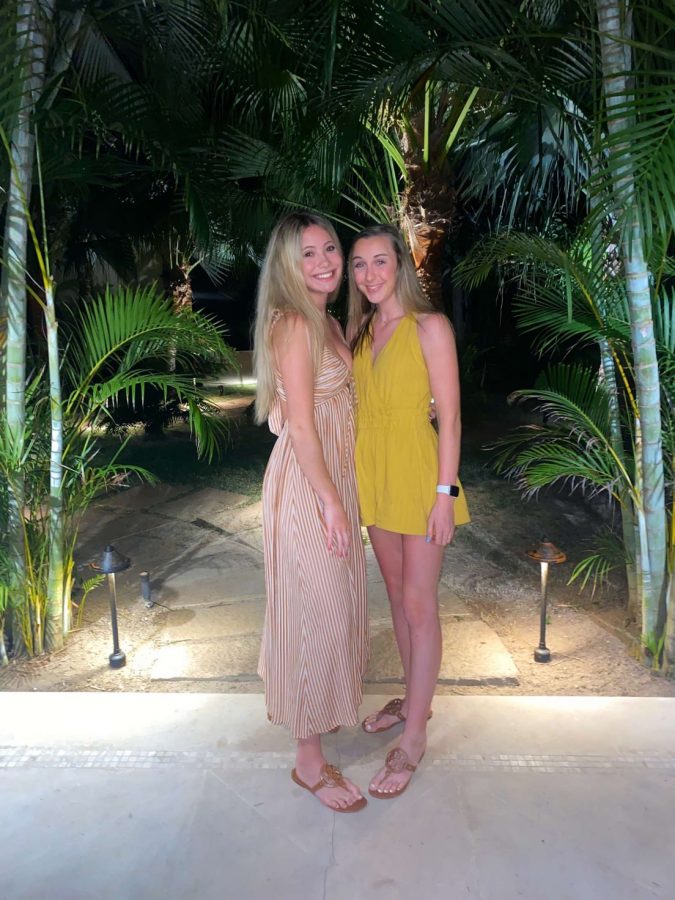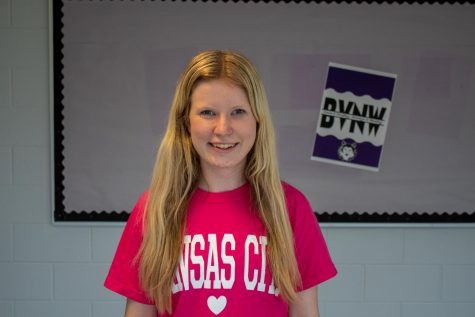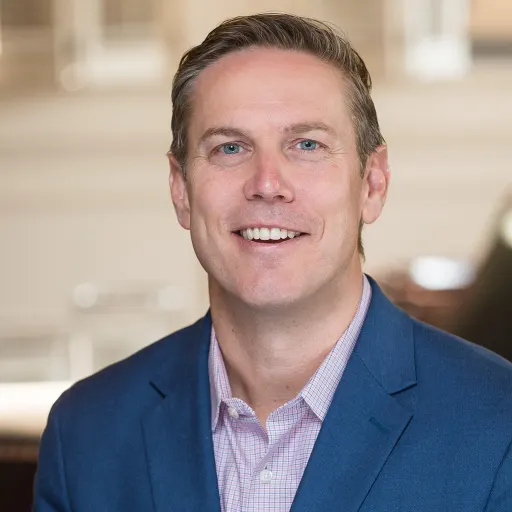Travels cut short due to Covid-19
As students and staff traveled to their spring break destinations, their tourist activities came to an end amidst growing concerns for COVID-19.
March 23, 2020
When Junior Allison Korte left early for Spain before Spring Break began, Europe had witnessed only a few cases, she said, leading them to believe their vacation would carry out as planned. However, after hearing about President Trump’s Europe travel ban a week into their stay, Korte and her family knew the rest of their European excursion would be far from normal.
“No tourists were allowed in the US anymore, and that was the time for us to go home and stuff. We thought it meant us too because we didn’t know it was just tourists, so we started panicking, but then realized we were fine,” Korte said.
The travel ban, put in place by President Trump on March 11, halts all travelers from Europe for what would be the next 30 days in an attempt to stem the spread of the virus. Its restrictions apply to non-citizens and exempts American citizens, permanent legal residents and their families.
On March 21, Korte and her family watched on television as the President of Spain announced several new regulations aimed to slow the global pandemic, she said. Bars, restaurants, schools and hotels shut down due to the state of emergency.
“My step dad’s brother and I, and everyone, drove to town to count how many people were outside, and there were hardly any people,” she said.
The next day, the situation worsened, Korte said. New regulations restricted people from leaving their homes entirely, except for essential outings, such as trips to the hospital, pharmacy, work or the food market. In addition, only one person could leave the house at a time, she said.
Toward the end of her stay, Korte said the number of cases in Spain seemed to be increasing by 2000 people each day. According to worldometers.com, a website that tracks Covid-19 cases across the globe, as of March. 23rd Spain has more than 33,000 cases.
The large number of US passengers scrambling to get home made it difficult for them to get out of Spain, she said. Nonetheless, Korte and her family were able to get a flight back to the US from Spain on March 18 and are now home under quarantine for 14 days, she said.
On March 14, six days before President Trump limited travel between the US and Mexico, sophomore Ashley Clark traveled to Punta De Mita, Mexico with her family despite several concerns. Traveling, Clark said, was not a major worry for her family as they felt they were not at a high risk of catching the Covid-19.
“Honestly, we believed we weren’t really in danger with the virus,” Clark said. “We knew that it could possibly affect our loved ones that were older, but we didn’t really see a big stress in traveling.”
To help prevent the chance of catching Covid-19, Clark said her family took several extra precautions as they traveled.
“We made sure to wash our hands every time we got to the airport and when we rode the bus, we put paper towels around our hands just so we wouldn’t touch anything,” Clark said.
While some families choose to continue their travels, others chose to end their trips early. Student Resource Officer Anthony Garcia traveled to Las Vegas during the break, only to end it early as many parts of the city began to shut down, Garcia said. With all immediate flights back to Kansas City booked, Garcia and his family choose to drive back home.
“If we had flown, I think it would have been chaos in Vegas,” Garcia said. “I’ve been to Vegas multiple times in my life and I’ve never seen anything like it.”
After traveling during a global pandemic, Clark said the best way to stay safe while traveling is to continue to wash your hands and to be careful.
Providing more advice, Korte said a great way to stay safe in public is avoiding touching anything that is not absolutely necessary, as well as trying your best to social distance in all situations.
Garcia sees the concerns that are coming from families and students after school was canceled, and assures that answers to all of this will come soon.
“There’s so many questions that are left unanswered and those answers will come,” Garcia said.
Garcia said he is looking forward to the upcoming months, hoping to return back to normalcy. In the meantime, it is imperative that everyone takes the situation seriously, he said, and does their part by helping each other out.
“You know, once summer comes around, we can kind of get back to our normal lifestyle. But right now we just have to buckle down and get through it,” Garcia said. “We will persevere.”










